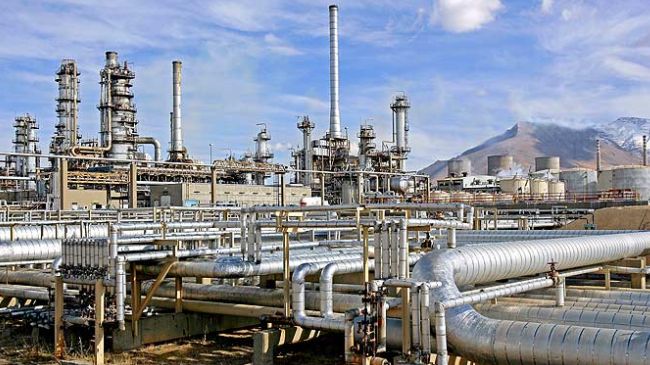How to deal with high chlorine based industrial conditions
Nickel base alloys are used in industries and processes for chlorinating organic compounds due to their resistance to chlorine.
In vigorous corrosion conditions that occur during the production of chloromethanes, chloroform and other chlorine based materials, stainless steel pumps already failed after two cycles. Therefore these are replaced with high resistant Nickel base alloys such as Hastelloy C276. In corrosive conditions of chlorination of methane, samples of Hastelloy C were used at 503 K or 230oC. The corrosion rate of metal was 0.0305mm/a.
Corrosion damage of heating equipments of solvent recovery plant through impingement of hot chlorinated hydrocarbons with different compositions of 3 to 10% water and release of chlorides and hydrochloric acid, use of alloy with which suitable service lifetimes were anticipated, was used as remedy.
Inconel alloy is a nickel-chromium-molybdenum-niobium alloy that resists corrosion and is age hardenable for high strength. It has outstanding corrosion resistance and is commonly used in diverse corrosive conditions. High nickel, chromium and molybdenum comprising Inconel alloys prevent corrosion in diverse corrosive conditions. They are highly resistant to media comprising carbon dioxide, chlorides and hydrogen sulfide as those occurred in deep sour gas wells. In these conditions, Inconel alloys prevent corrosion, pitting, hydrogen embrittlement and stress corrosion cracking. Inconel alloys also show excellent resistance to stress corrosion cracking at temperatures up to 450oF in vigorous sour conditions comprising sulfur.
Inconel alloys also display supreme resistance to general and localized corrosion in brines and sea water. They prevent crevice attacks in marine water. In processes involving the use of mineral acids annealed and annealed and aged Inconel alloys provide supreme resistance to corrosion as compare to mill annealed alloys.
Handling Chlorine at the industrial scale
Various industrial processes present a problem of handling chlorine and its products such as hydrogen chloride. The conditions apply to the production of these materials and to various reactions that involve the use of these products. In case of presence of moisture and temperature below the dew point, hydrogen chloride and chlorine cause excessive attack on metals and alloys. Although in the absence of moisture, the corrosive is not much severe at low temperatures, hence use of cast iron or steel is suitable. Generally high resistant materials are used in critical components like valves. With increase in temperature, a different type of corrosion associated with volatility, degradation and melting of chlorides occurs.
For this, use of Nickel based alloys such as Incoloy 825, Incoloy 800, Inconel 625 and Hastelloy C276 is recommended. These alloys are suitable for use with subcritical water at 350oC to 450oC with high concentrations of chlorine and oxygen. Nickel present in these alloys forms a stable oxide in the oxidizing media with chromium. Molybdenum enhances the pitting resistance by virtue of presence of chromium. Inconel 625 and Hastelloy C276 provide good corrosion resistance in conditions comprising salt and oxidizing agents.
Use of high nickel alloys such Inconel 625 and Hastelloy C276 is recommended in the high chlorine conditions. These alloys provide satisfactory performance and excellent resistance to corrosion to provide long service.


